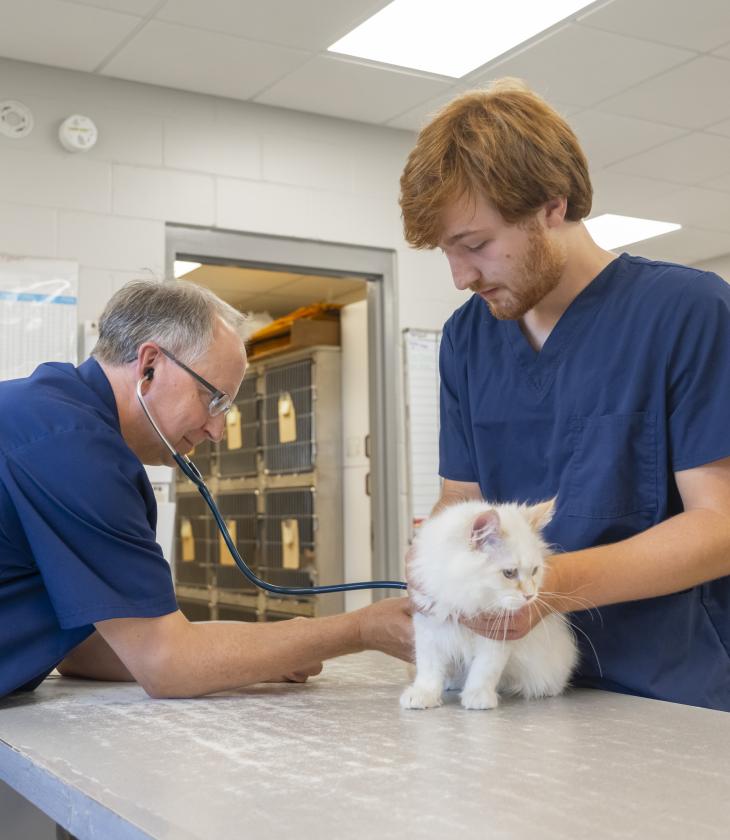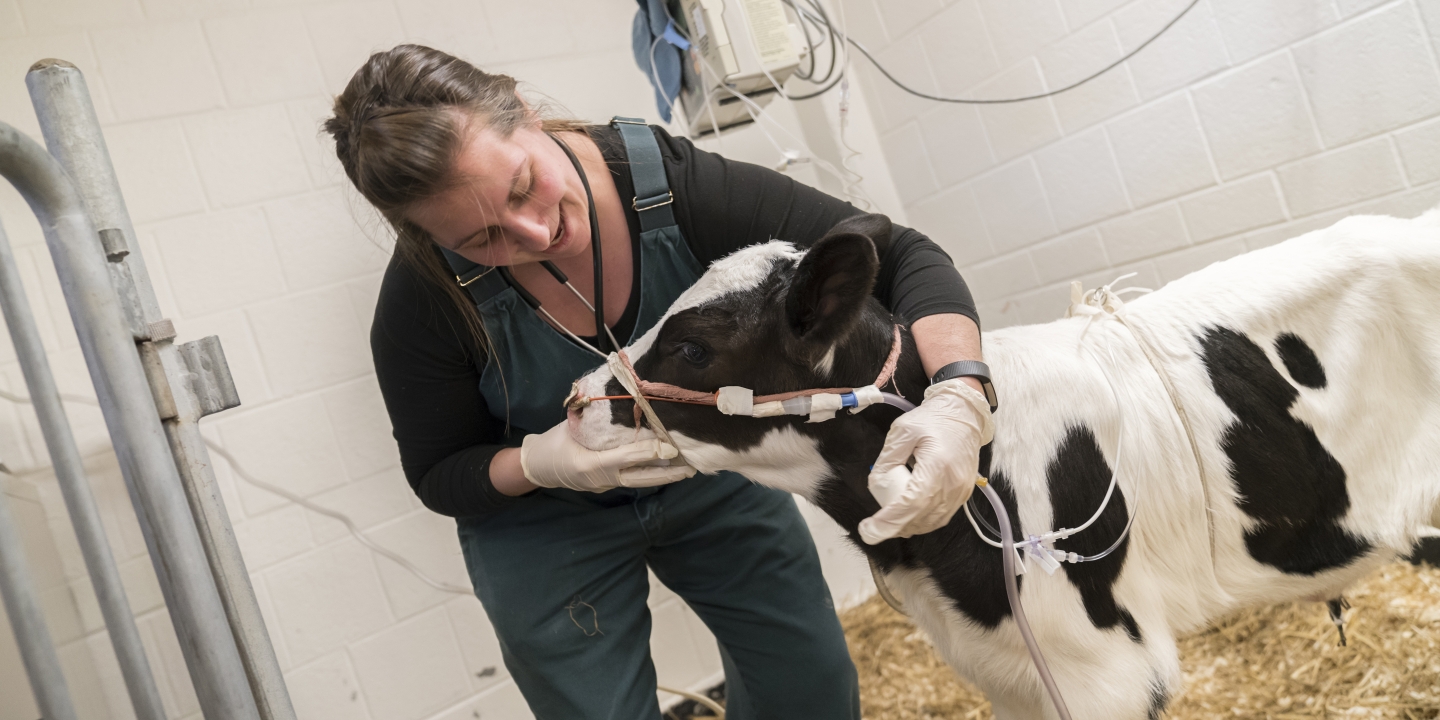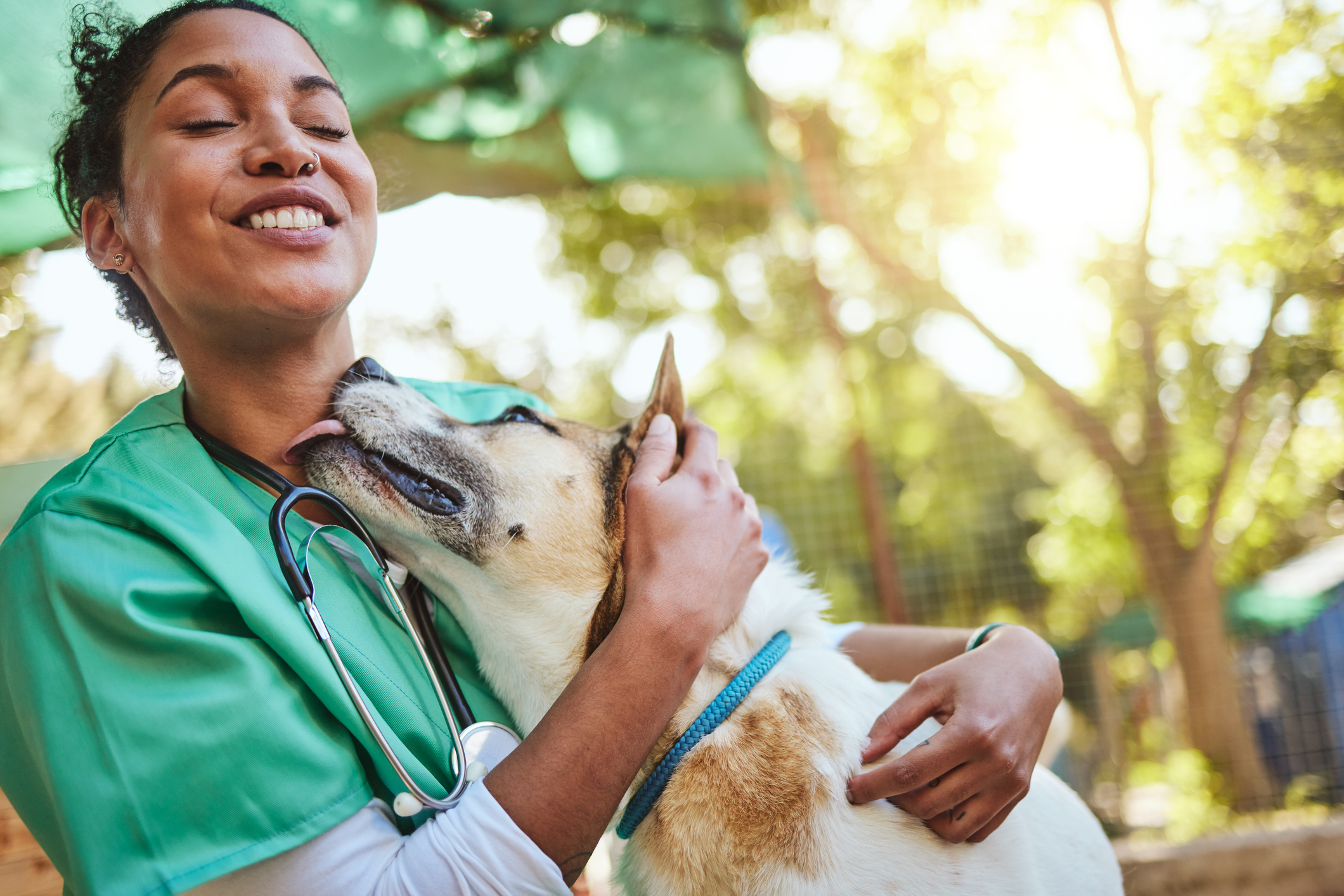What to expect before your pet’s Pet Cancer Surgery
Understanding the Role of a Vet Oncologist in Your Pet's Cancer cells Care
A vet oncologist concentrates on diagnosing and dealing with cancer in pets. Their knowledge is critical for developing customized treatment strategies that address the distinct requirements of each animal. Early medical diagnosis can greatly impact outcomes, making their role even much more important. Recognizing the different treatment options and how these specialists collaborate with primary vets is essential. What methods do they use to boost your pet's top quality of life during this difficult time?

What Is a Vet Oncologist?
A veterinary oncologist is a specialized veterinarian that concentrates on dealing with and identifying cancer in family pets. These experts possess advanced training in both veterinary medication and oncology, enabling them to recognize the intricacies of cancerous conditions in pets. Their expertise permits them to perform a range of diagnostic treatments, including imaging techniques and research laboratory tests, to properly determine different kinds of cancers in pet dogs.
In enhancement to medical diagnosis, vet oncologists develop customized therapy strategies, which might include surgery, radiation treatment, radiation therapy, or palliative treatment. They function closely with animal proprietors to clarify treatment choices and prospective end results, ensuring that families make notified decisions concerning their pet dogs' treatment. In addition, veterinary oncologists typically team up with various other basic practitioners and vet experts, creating a comprehensive method to pet dog wellness. By concentrating on cancer treatment, they play a crucial duty in enhancing the lifestyle for pets identified with malignancies.
The Significance of Early Medical Diagnosis and Therapy
Early medical diagnosis and therapy of cancer cells in animals significantly enhance the possibilities of successful outcomes and enhanced lifestyle. Vet oncologists can apply targeted treatments that may slow disease development and alleviate signs and symptoms when cancer is determined in its early phases. This positive technique allows for far better monitoring of the disease, possibly bring about longer survival times and improved comfort for the pet.
Additionally, very early discovery commonly indicates that treatment choices may be less intrusive and extra efficient, reducing the overall concern on both the family pet and its proprietor. Regular vet examinations and recognition of subtle behavior modifications are vital, as they can assist in prompt medical diagnoses. Owners should continue to be vigilant and consult their veterinarian at the very first indicator of problem. Veterinary Oncologist. Eventually, an early diagnosis encourages pet dog proprietors to make educated decisions about their family pet's treatment, significantly influencing the total trip through cancer administration
Therapy Options Offered by Vet Oncologists
When faced with a cancer medical diagnosis, family pet owners can explore a range of therapy options supplied by vet oncologists that are tailored to the certain requirements of their pets. These experts commonly supply a mix of surgical procedure, radiation treatment, radiation therapy, and immunotherapy. Surgical intervention might aim to get rid of growths or influenced tissues, while chemotherapy utilizes drugs to target and kill cancer cells, commonly provided in cycles.
Radiation therapy concentrates on utilizing high-energy rays to reduce growths and relieve discomfort. Immunotherapy, a more current development, utilizes the animal's immune system to eliminate cancer cells better. Additional encouraging therapies, such as pain administration, nutritional support, and palliative treatment, are likewise necessary elements of a detailed treatment strategy. By examining each situation separately, vet oncologists guarantee that the picked treatment lines up with the pet's general wellness and cancer kind, optimizing the opportunities of a positive end result.
The Collaborative Strategy: Dealing With Your Main Vet
Partnership in between primary veterinarians and veterinary oncologists is important for supplying extensive like animals diagnosed with cancer. This partnership ensures a comprehensive approach to therapy, combining the specialized understanding of oncologists with the continuous treatment provided by primary vets. With each other, they evaluate the family pet's health and wellness, develop individualized therapy plans, and keep an eye on the pet's development throughout the cancer trip.
Main veterinarians typically offer as the first point of call, identifying possible signs of cancer cells and referring patients to oncologists for specialized diagnostics and therapy choices. Complying with the oncologist's suggestions, the key veterinarian plays an essential duty in taking care of the pet dog's total wellness, consisting of discomfort administration and supportive care.
Efficient interaction between these experts fosters a unified strategy, enabling for timely interventions and changes to treatment as needed. This joint approach inevitably enhances the quality of care and support for family pets and their proprietors during a difficult time.


Supporting Your Family Pet Through Cancer Treatment
Sustaining an animal with cancer cells treatment calls for an extensive understanding of the emotional and physical obstacles encountered by both the animal and its owner. Caregivers should listen to the family pet's transforming demands, which may include managing pain, adjusting diets, and checking negative effects from treatments. Offering a comfortable, trouble-free environment is important for the animal's health.
Emotional support is just as important; owners must seek to stay favorable and involved while knowing their own feelings weblink of anxiety and unhappiness. Creating an assistance network, including veterinarians, family, and good friends, can alleviate some burdens.
In addition, animal owners must enlighten themselves regarding the specific kind of cancer and therapy alternatives available, promoting informed conversations with vet oncologists. Ultimately, a caring strategy, integrated with aggressive care and support, can boost the pet's quality of life throughout this tough trip.
Often Asked Concerns
Just how Do I Select the Right Veterinary Oncologist for My Animal?
Choosing the ideal vet oncologist involves researching credentials, looking for recommendations, assessing experience with specific cancers cells, determining communication styles, and seeing facilities to assure a comfy atmosphere for both the pet dog and proprietor during treatment.
What Should I Expect During the First Visit?
Throughout the first appointment, the pet owner can expect a complete assessment, discussion of clinical background, analysis examinations, and a treatment plan synopsis. The vet will resolve worries and supply assistance for continuous treatment.
Exist Any Costs Linked With a Vet Oncologist's Providers?
Costs connected with a vet oncologist's services can vary substantially based upon place, treatment complexity, and required diagnostics. Veterinary Cancer Specialist. Pet owners ought to anticipate costs for examinations, tests, and potential continuous treatment strategies tailored to their pets' needs

Can My Family Pet Still Get Routine Vet Treatment While Seeing an Oncologist?
Pets can get regular vet care while seeing an oncologist. Coordinating treatments warranties complete health and wellness administration. Regular check-ups complement specialized cancer care, enabling for alternative monitoring of the pet dog's total well-being and attending to other health and wellness issues.
What Resources Are Available for Animal Owners During Their Animal's Cancer cells Trip?
Numerous resources are available for animal proprietors steering their family pet's cancer cells journey, including support system, on the internet forums, educational web sites, and monetary support programs, all targeted at providing advice, emotional assistance, and sensible details during this challenging time.
A veterinary oncologist is a specialized vet that concentrates on dealing with and diagnosing cancer cells in pet dogs. They function very closely with pet dog owners to explain therapy options and prospective end results, ensuring that households make notified choices regarding their pets' care. When encountered with a cancer medical diagnosis, pet dog owners can explore a selection of therapy options offered by vet oncologists check my site that are customized to the certain demands of their animals. Cooperation in between veterinary oncologists and key vets is vital for providing substantial treatment to animals diagnosed with cancer. Furthermore, family pet proprietors must inform themselves concerning the particular type of cancer and therapy alternatives offered, you can look here cultivating notified discussions with vet oncologists.